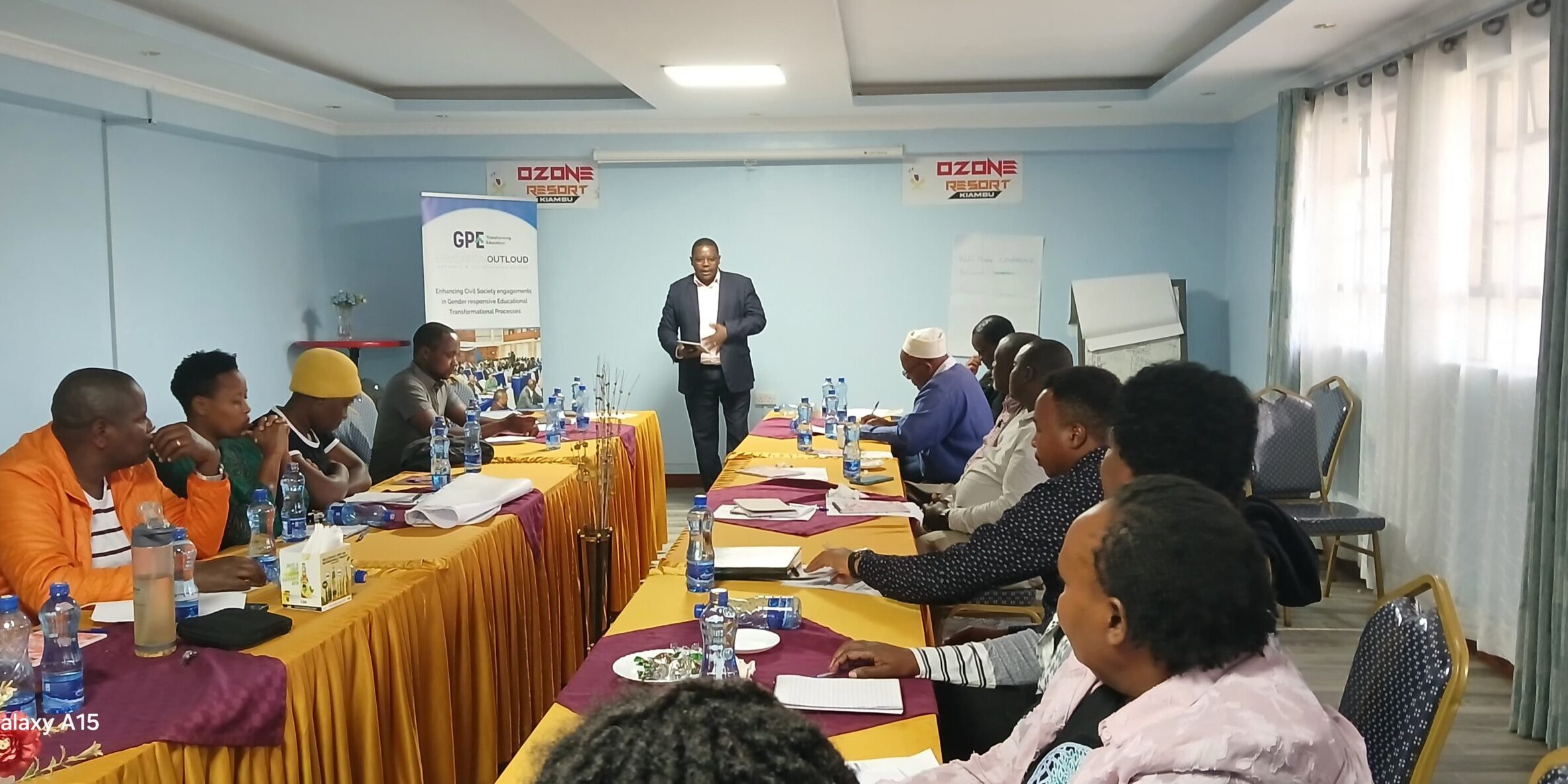The two meetings themed “Competency Based Education: Managing Effective Transition for a Transformative, Equitable, Inclusive and Quality Education in Kenya” and “Decreasing Gender-Based Barriers to Adolescent Girls’ Education and Skills” were held across the Coast region on 17th and 18th June, 2025 and Central region on the 24th and 25th June, 2025. These education forums convened education stakeholders, civil society actors, policymakers, youth voices, and grassroots organizations. The event provided an opportunity to collectively assess progress and challenges in the rollout of Competency Based Education (CBE), and to address the persistent gender-based barriers that prevent adolescent girls from realizing their full educational potential.
On Day 1, participants explored the opportunities and gaps in the implementation of CBE, focusing on how to ensure a learner-centered, context-sensitive approach that promotes equity and quality.
Day 2 featured powerful conversations around the gendered dimensions of education access. Stakeholders highlighted issues such as early pregnancies, harmful cultural practices and inadequate sanitation facilities in schools. The forum encouraged policy advocacy and grassroots solutions to support adolescent girls in completing their education and acquiring relevant skills.
Outcome: Communique
The forum concluded with the co-creation of a regional communique—a unified statement of recommendations and commitments. This document captures the collective voice of education stakeholders from Coast and Central Kenya and outlines priority actions to:
- Strengthen accountability in CBE implementation
- Promote community-based interventions that protect and empower adolescent girls
- Support continued engagement between government, civil society, and communities in advancing inclusive education
Looking Forward
The forum reinforced the urgent need for multi-stakeholder collaboration to transform education systems in ways that reflect the realities and needs of learners. The communique will serve as a guiding tool for follow-up advocacy and engagement at both regional and national levels.




